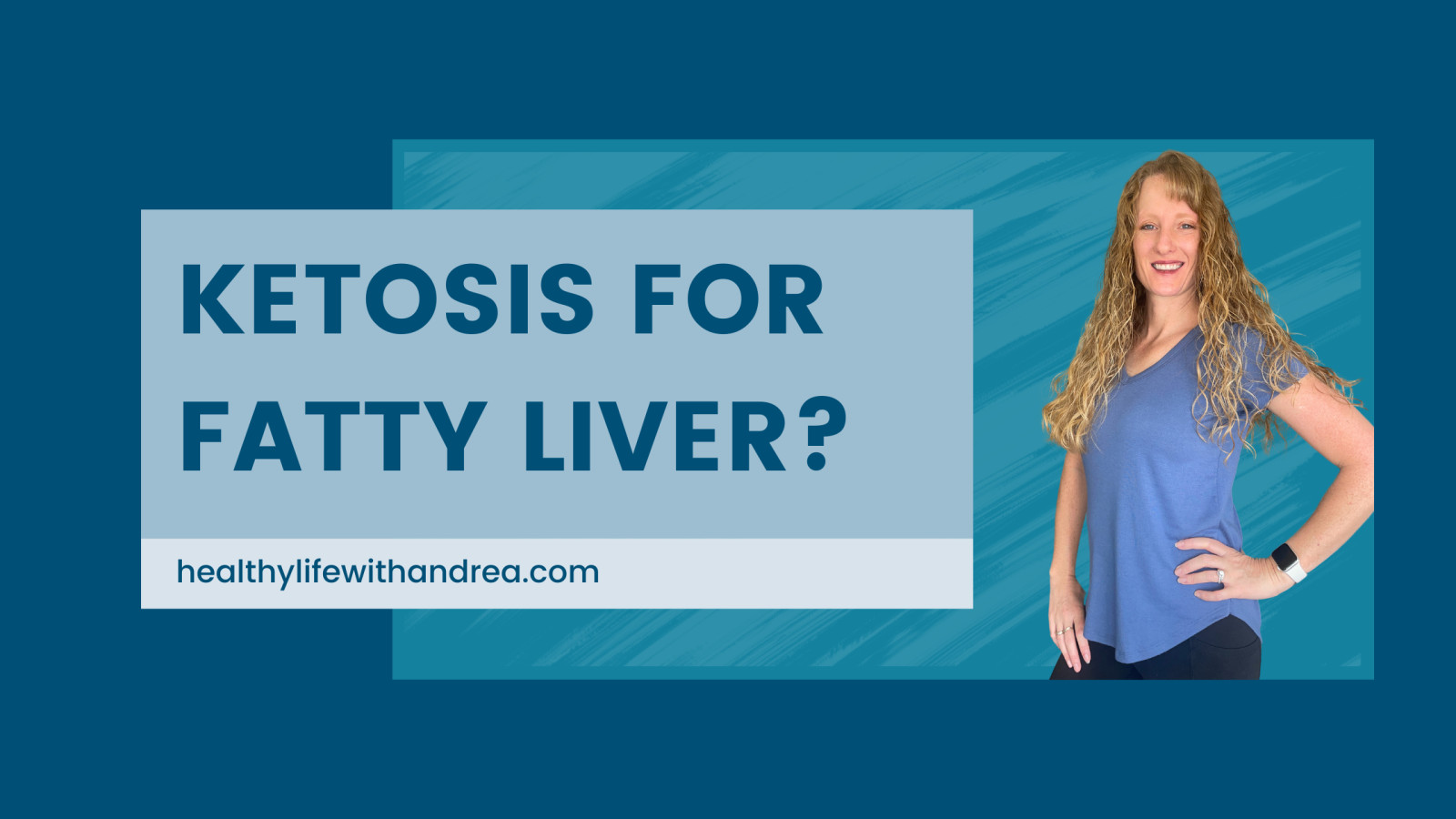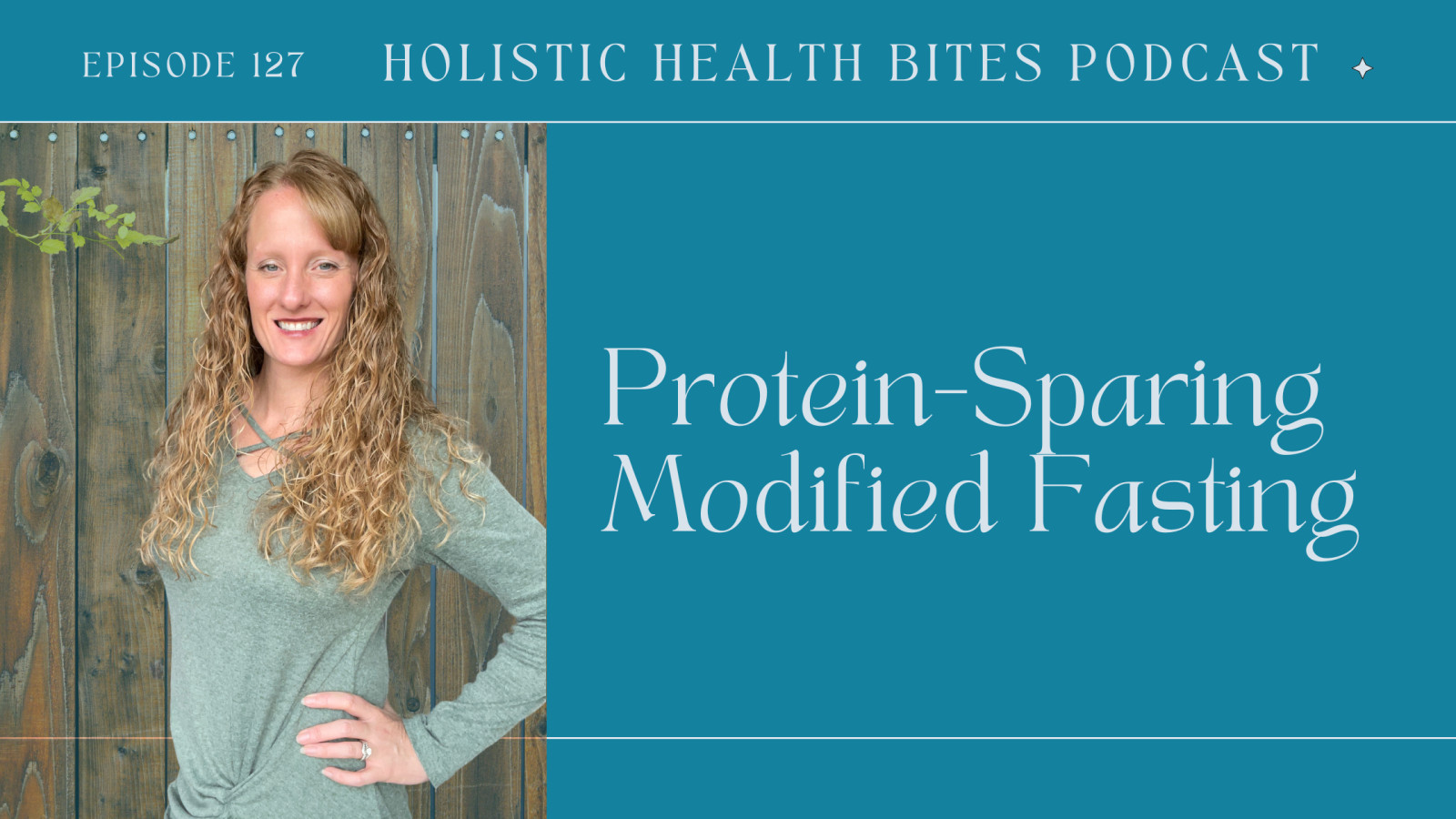The article discusses the confusion surrounding the consumption of fat and the health benefits it provides. It highlights a flawed study from the 1950s that resulted in the demonization of fat and the promotion of carbs as a healthy alternative. The article then emphasizes the importance of consuming healthy fats, such as saturated, monounsaturated, and polyunsaturated fats, and lists the benefits associated with their consumption, including improved brain function, reduced heart disease risk, and increased satiety. Additionally, the article provides a list of the healthiest sources of dietary fat, such as avocados, butter and ghee, coconut oil, olive oil, nuts and seeds, MCT oil, full-fat dairy, dark chocolate, fatty fish, and eggs.
Read more...Are you stuck on a weight loss plateau despite working out and eating clean? You're not alone. Many people, including myself and my clients, have experienced this frustration. One surprising habit that may be hindering your progress is habitual eating, where you eat the same foods, in the same portions, and at the same times every day. While it may seem convenient and easy, it can limit your results in multiple ways.
Firstly, your body will adapt to the same foods over time, slowing down your metabolism. Variety is crucial to keep your body guessing and metabolically active. Secondly, sticking to a limited array of foods restricts your nutrient intake, potentially depriving your body of essential vitamins, minerals, and other components needed for optimal health and weight loss. Finally, your daily needs can vary based on factors such as activity level, hydration, sleep, and overall well-being. By eating the same foods every day, you may be overeating on inactive days and under-eating on days when your body requires more fuel.
To overcome this issue, it's essential to learn how to listen to your body and provide it with the right nutrients, portions, and timing. This process takes time and retraining your body to respond to its signals. There is no one-size-fits-all approach, but ditching habitual eating is a significant step towards achieving your weight loss goals.
Read more...Discover the secrets to achieving your desired results with clean eating and exercise in this insightful blog post. The author shares their personal journey of overcoming a family history of heart disease and unhealthy lifestyle choices to become healthier, stronger, and more energetic. They lost 30 pounds and gained strength through a rigorous 90-day fitness routine and made gradual improvements to their nutrition, eventually adopting a plant-based eating style. However, as they approached their 40s, they faced new challenges such as chronic soreness, bloating, and cravings. Through extensive research and a specialized healing protocol, they were able to overcome these issues and achieve incredible results in just 12 weeks, including weight loss, increased energy, improved skin, and more. The author's journey and expertise serve as an inspiration for women facing similar struggles, offering valuable insights and guidance to help them attain the results they deserve.
Read more...The debate on whether coffee is good or bad for you can be confusing, with different studies showing conflicting results. On the positive side, coffee has been linked to a decreased risk of Type 2 Diabetes and some cancers, improved mood and memory, boosted metabolism and sports performance, and its abundance of antioxidants. However, it is important to note that coffee is highly addictive and can alter stress hormones, leaving you feeling both wired and tired, and it is also highly acidic.
Ultimately, everyone metabolizes substances differently, so if you experience negative side effects from drinking coffee, it may be best to avoid it. On the other hand, if you feel great and find that it helps you stay productive, then enjoy it in moderation. Avoid adding excessive sugar or heavy creamers to your coffee, and consider adding a healthy fat like grass-fed butter, full-fat coconut milk, or coconut oil to enhance its health benefits.
Read more...This blog post highlights the various signs that indicate an unhealthy gut, which goes beyond just digestive conditions. The gut has a significant impact on brain function, hormone balance, weight management, skin conditions, autoimmune conditions, and overall immune system functioning. The post outlines 10 unusual signs of an unhealthy gut, such as mood disorders, acne or skin problems, unexplained weight gain, acid reflux or indigestion, frequent yeast infections, weakened immune system, frequent diarrhea or constipation, fatigue, constant sugar cravings, and chronic pains and aches. The good news is that all of these symptoms can be healed through proper nutrition and food choices, allowing individuals to have more energy, vitality, and control over their health.
Read more...















